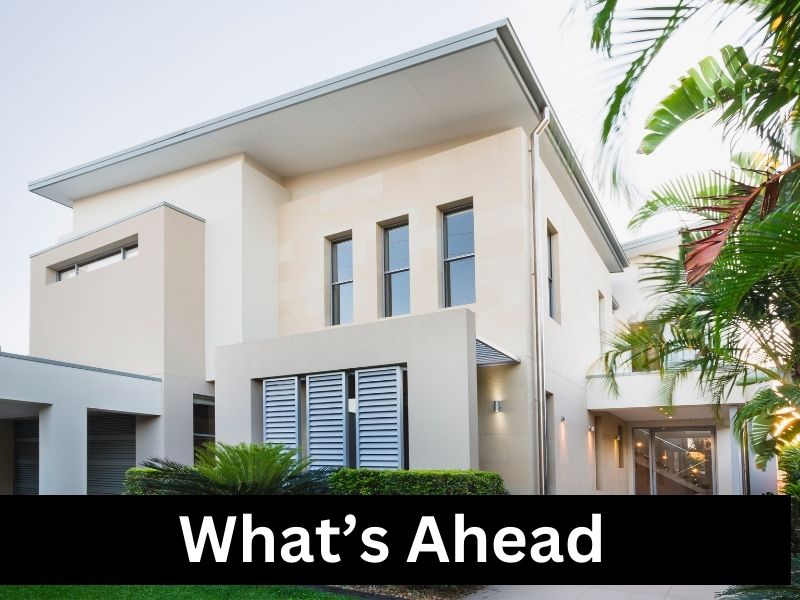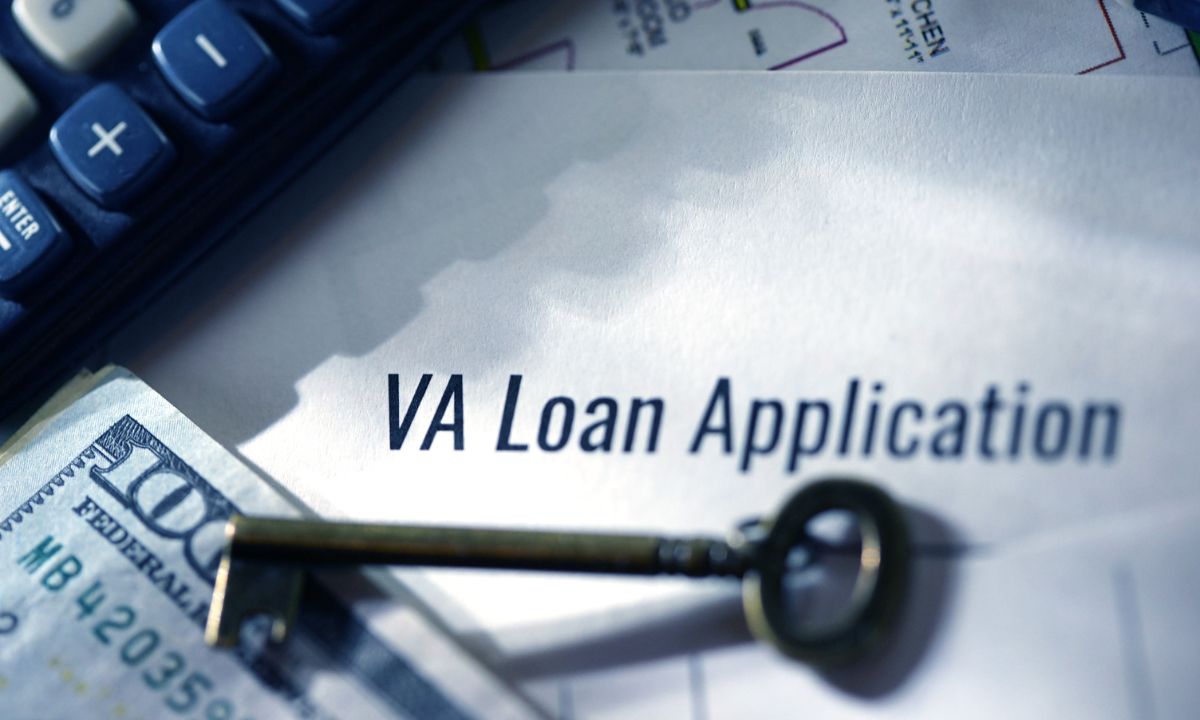Navigating Down Payment Options: Your Guide to Homeownership
 So, you’ve decided to take the plunge into homeownership – congratulations! One of the most critical aspects of buying a home is figuring out your down payment. It’s a significant financial commitment that can shape your home-buying journey. But fear not! There are various down payment options available to suit different financial situations and goals. Let’s explore them together.
So, you’ve decided to take the plunge into homeownership – congratulations! One of the most critical aspects of buying a home is figuring out your down payment. It’s a significant financial commitment that can shape your home-buying journey. But fear not! There are various down payment options available to suit different financial situations and goals. Let’s explore them together.
Traditional 20% Down Payment: The traditional route suggests putting down 20% of the home’s purchase price. This option often allows you to avoid private mortgage insurance (PMI), potentially saving you money in the long run.
While a 20% down payment may seem daunting, it can provide immediate equity in your home and lower your monthly mortgage payments.
Low Down Payment Programs: Many lenders offer programs that require a lower down payment, sometimes as low as 3% to 5% of the home’s purchase price.
These programs can be particularly beneficial for first-time homebuyers or those with limited savings. However, they often come with additional costs, such as PMI, which adds to your monthly expenses.
Government Assistance Programs: Various government-backed loan programs, such as FHA loans (Federal Housing Administration), VA loans (Department of Veterans Affairs), and USDA loans (United States Department of Agriculture), offer low or no down payment options for eligible buyers.
These programs aim to make homeownership more accessible, especially for individuals who may not qualify for conventional loans due to credit or income limitations.
Down Payment Assistance Programs (DPA):
DPAs provide grants or loans to help cover the upfront costs of purchasing a home, including the down payment and closing costs.
Eligibility requirements and availability vary by location, so it’s essential to research programs offered by your state or local housing authorities.
Gift Funds and Family Assistance:
Some homebuyers receive financial assistance from family members or close relatives in the form of gift funds to help cover the down payment.
It’s crucial to follow lender guidelines and document the source of the gift funds to ensure compliance with mortgage regulations.
401(k) or Retirement Account Withdrawals:
While generally not recommended due to potential tax implications and long-term consequences, some homebuyers may consider withdrawing funds from their 401(k) or retirement accounts to bolster their down payment.
Before tapping into retirement savings, it’s essential to weigh the pros and cons and consult with a financial advisor to understand the implications fully.
Seller Concessions:
In some cases, sellers may be willing to offer concessions to help buyers cover closing costs or part of the down payment. Negotiating seller concessions can be a strategic approach, especially in a competitive housing market.
The down payment is a crucial aspect of the home-buying process, but it doesn’t have to be a barrier to homeownership. With various down payment options and assistance programs available, there are solutions to fit every budget and financial situation. Remember to carefully evaluate your options, consider your long-term financial goals, and consult with a knowledgeable mortgage lender or financial advisor to determine the best approach for you. Give us a call to go over your options.


 Are you a veteran or an active-duty military member considering homeownership? VA loans offer significant benefits tailored to meet the needs of veterans and service members. Here’s a concise guide to understanding the advantages and requirements of VA loans:
Are you a veteran or an active-duty military member considering homeownership? VA loans offer significant benefits tailored to meet the needs of veterans and service members. Here’s a concise guide to understanding the advantages and requirements of VA loans: